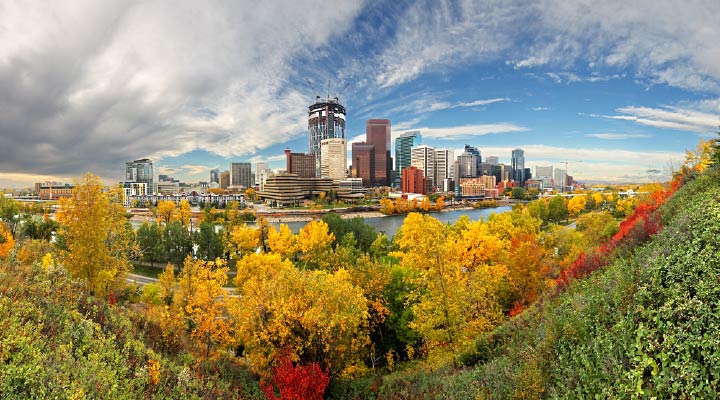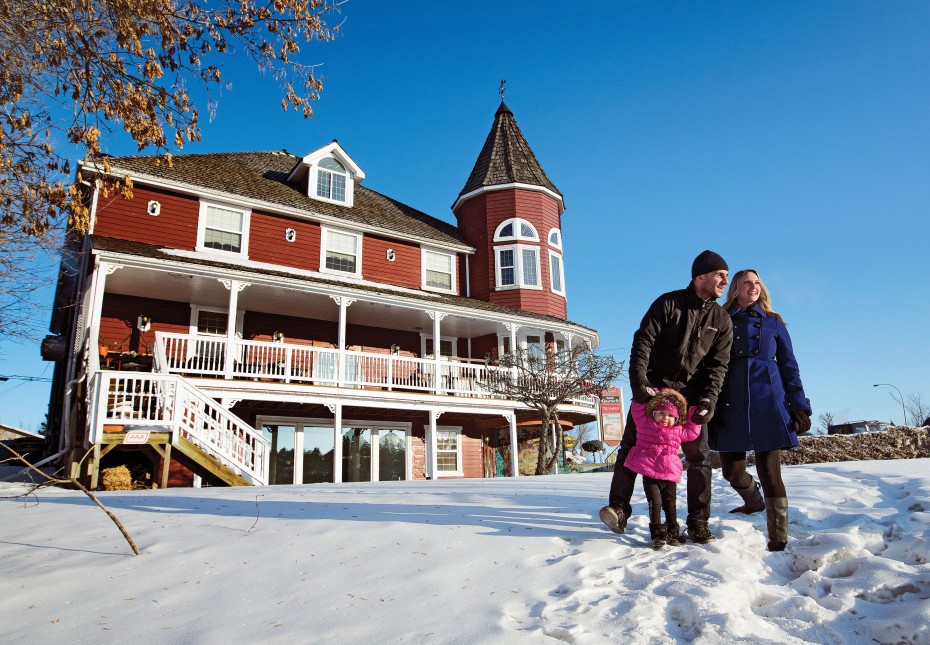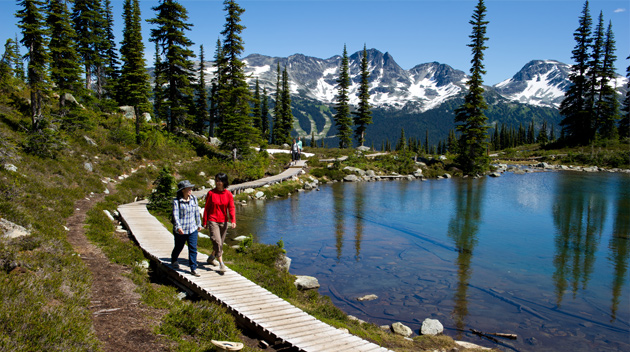One of the Best Places in the World to Live

Canada has ranked as one of the top ten places to live in the world since 1994 according to the United Nations (UN) and the Economist Intelligence Unit. In the UN survey Canada earned particularly high marks for its access to education, high life expectancy (due to universal health care system); and low crime and violence rates. In addition, Canada’s largest cities — Vancouver, Toronto and Montreal — have been recognized as world class cities in which to live and work, for their cleanliness and safety and for their cultural activities and attractive lifestyles.
High Standard of Living

Canadians enjoy a standard of living which is among the highest in the world. Canada also has an extensive health care system and social security network. A wide range of cultural activities is also available, including museums, galleries, live theatre, dance and music performances and concerts.
Welcoming Environment

Canada has traditionally been a country of immigrants and has a policy of encouraging multicultural diversity. In this vibrant setting, different perspectives are respected and learning together is encouraged.
Almost all of the world’s ethnic groups are represented in Canada. As a result, most ethnic foods and recreational activities associated with specific cultures are available in Canada. Clubs, informal clubs and associations representing a multitude of ethnic backgrounds are also easily accessible. International student advisors at schools can help students get in touch with such groups.
All major urban centres have a variety of shopping malls, restaurants, theatres, art galleries and museums. Canadian cities provide numerous parks, gardens and beaches for public use, as well as excellent sports and recreation facilities
Beautiful Environment

Canadians place a high value on their natural environment. There are currently 42 national parks and national park reserves in Canada. National parks are located in every province and territory, and some have been recognized as UNESCO World Heritage Sites. Each province and territory has also designated areas as provincial parks, wilderness areas, ecological and nature reserves. There are over 2000 of these designated areas across the country.*
Students who come to Canada will witness one of the most beautiful, natural environments in the world. Canada is also a country of diverse geography, and there is much to experience in its great outdoors: from the lush coastline of British Columbia, the majestic Rocky Mountains of Alberta, the big skies of the prairies, to the ‘maple sugar country’ in the Great Lakes and St. Lawrence and the rugged hills and picturesque coastline of the Atlantic provinces.
* National Parks Board and the Federal Provincial Parks Council.
A High Tech Country

Canada is a stimulating environment in which to do business and to learn, thanks to the contributions of many bright and talented scientists, researchers and entrepreneurs. The country is an international leader in computer and information technologies and has a reputation for excellence in such sectors as telecommunications, transportation and engineering; and specifically, aerospace, urban transport, microelectronics, medical devices, advanced software, hydroelectric and nuclear power, lasers and opto-electronics, biotechnology, food and beverage processing, geomatics; and ocean and environmental industries.
Canada was also among the first in the world to recognize the need to connect schools and libraries to the Internet, and its SchoolNet program is being copied around the world. Industry Canada’s SchoolNet has successfully made Canada the first nation in the world to connect its schools and libraries to the Information Highway





